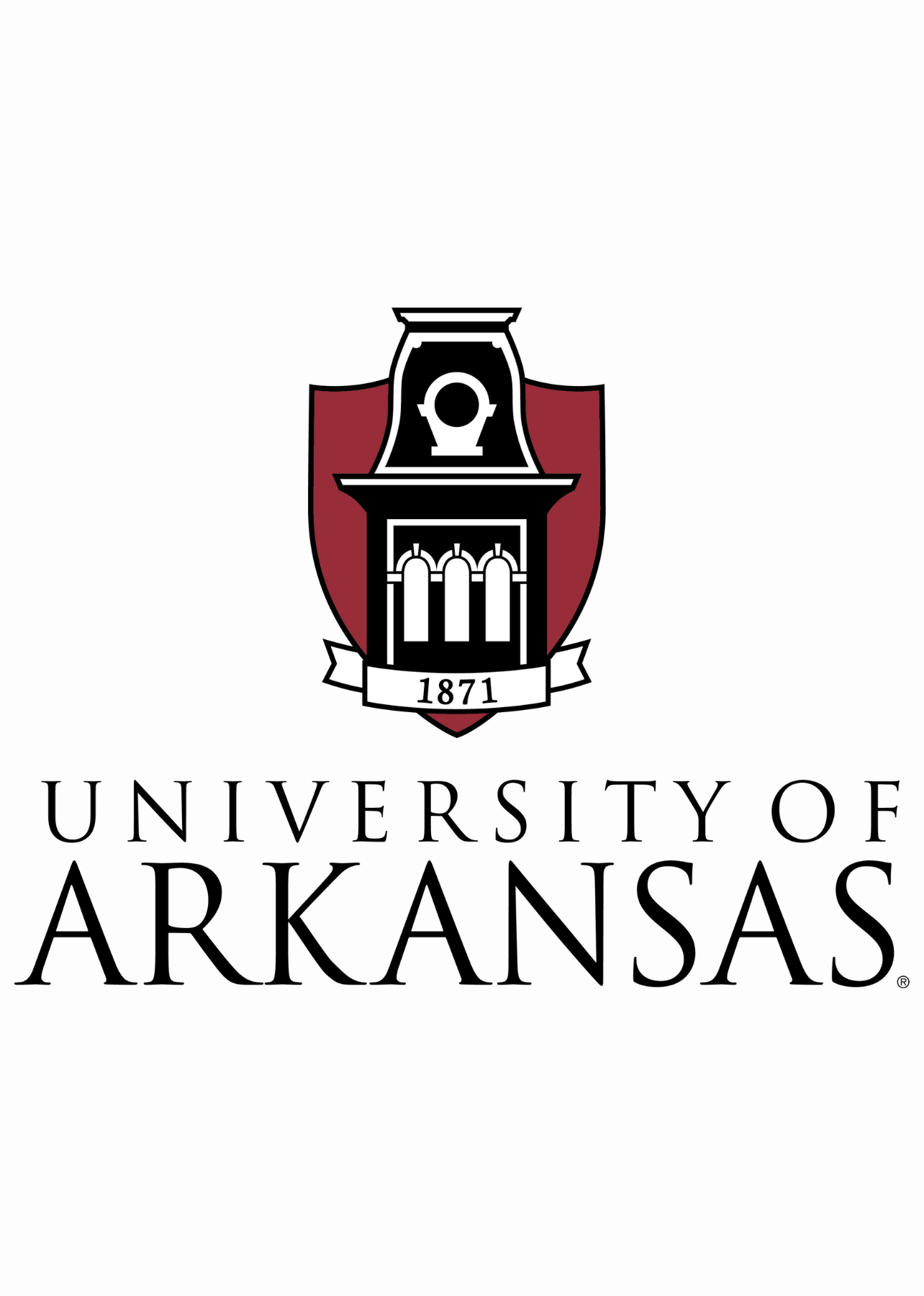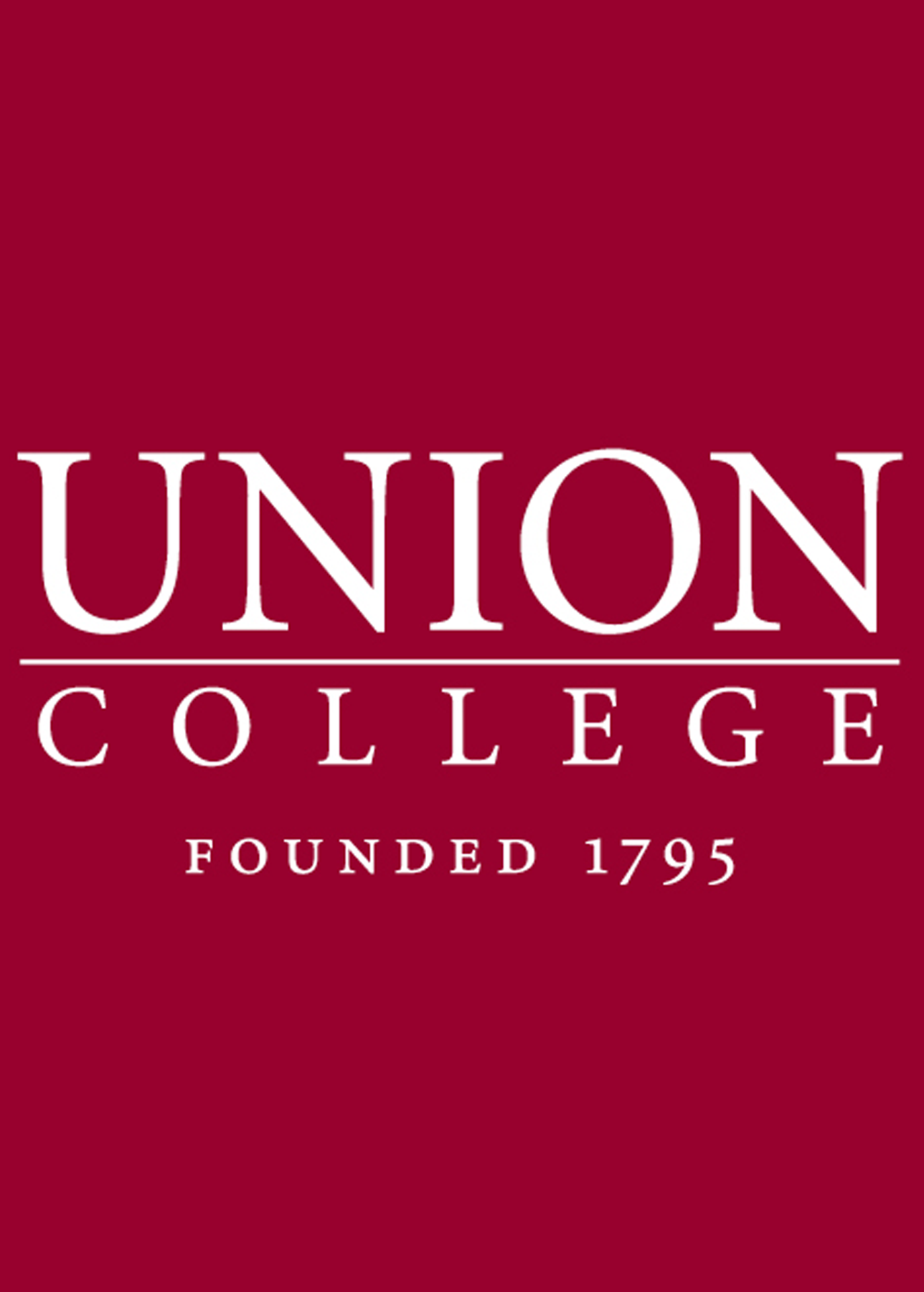Earning a master’s degree is an excellent way to boost earnings. Degree holders earn a median weekly salary of $1,737 — $300 more than those with a bachelor’s degree. Attending an affordable master’s program can significantly increase your return on investment (ROI), providing financial and professional benefits of an advanced degree without taking on excessive debt.
Below, we’ve compiled a list of the most affordable master’s degree programs to help you find a high-quality education at a reasonable cost. You’ll also find a general cost breakdown, factors influencing cost, a list of the resources available to help you finance your degree, and tips on choosing the right program.
Cost Breakdown for a Master’s Degree Program
When it comes to costs related to your education, it can be easy to view tuition prices and think that this is the total cost. However, there’s often more to consider. Here’s a general breakdown:
- Tuition: Most master’s degree programs calculate tuition rates on a per-credit basis, averaging $500 to $1,200 per credit. An entire program may require 30 to 60 credits depending on the institution.
- Fees: These are additional charges on top of tuition, including any fees related to technology, academic resources, and library access. They usually add a few hundred dollars to tuition bills per term.
- Personal technology: A reliable laptop is crucial for coursework. Purchasing a new computer or upgrading your current laptop can cost $500 to $1500 upfront.
- Books and other learning materials: These expenses vary by program but can average $500 to $1,000 annually for textbooks, software, or other materials required for courses.
It’s important to remember that the cost of your master’s degree will depend mainly on the institution and program you attend. Be sure to check with your school’s financial aid office to get a more accurate estimate.
Factors Influencing the Cost of a Master’s Degree Program
The following factors will likely influence the cost of your master’s degree:
- Public vs. private institution: Public institutions generally have lower tuition than private schools, especially for in-state residents. Though often more expensive, private universities may offer more financial aid through grants or scholarships.
- Nonprofit vs. for-profit: Nonprofit schools prioritize education while reinvesting revenue into student services, leading to lower costs than for-profit institutions, which are businesses aiming to generate profit and may charge higher tuition and fees.
- Student residency status: Public universities often have different tuition rates for in-state versus out-of-state students. In-state students usually pay significantly less, while out-of-state or international students receive higher tuition rates.
- Student military status: Many schools offer reduced tuition or benefits to active-duty military members, veterans, and their families. Additionally, military tuition assistance or GI Bill benefits can lower out-of-pocket costs.
Why Trust Us
The Intelligent.com Higher Education Team is dedicated to providing students with independent, equitable school and program rankings and well-researched resources. Our expert-driven articles cover topics related to online colleges and programs, paying for school, and career outlooks. We use data from the U.S. Department of Education’s College Scorecard, the National Center for Education Statistics, and other reputable educational and professional organizations. Our academic advisory team reviews content and verifies accuracy throughout the year for the most current information. Partnerships do not influence rankings or editorial decisions.
- Analyzed over 2,000 national, accredited, and nonprofit colleges and universities
- 800+ rankings pages are reviewed and updated yearly
- Content is informed by reputable sources, surveys, and interviews with academic advisors and other experts
- Over 100 data points are reviewed for accuracy and quality throughout the year, including sources
How we rank schools
Our list features the most affordable online Master’s degree programs at top colleges nationwide. Each school featured is a nonprofit, accredited institution — either public or private — with a high standard of academic quality for post-secondary institutions.
We evaluated each school’s program on tuition costs, admission, retention and graduation rates, faculty, reputation, and the student resources provided for online students. We collected data from trusted sources like the National Center for Education Statistics, individual school and program websites, school admissions counselors, and other data sources. Then, we calculated the Intelligent Score on a scale of 0 to 100 based on the following criterion:
Academic Quality:
- Admission rate versus enrollment rate
- Retention rate of students who return after year one
- Accreditation status (regional and programmatic)
- Nonprofit status, both private and public institutions
Graduation Rate
- Overall graduation rate
- Total number of currently enrolled students, including diversity metrics
- Student-to-faculty ratio
Cost and ROI
- In-state and out-of-state per-credit tuition rates and fees
- Required credits to graduate
- Earning potential after graduation
- Availability of federal student loans, scholarships, and other financial aid options
Student Resources
- Available student services for online-only and hybrid programs
- On-campus amenities like tutoring centers and the number of libraries
Read more about our ranking methodology.
Most Affordable 27 Master’s Degree Programs
FiltersInstitution Type
Status
- Intelligent Score
- Alphabetically By University Name
- Acceptance Rate
- Enrollment
- In-state Graduate Tuition
- Out-of-state Graduate Tuition
- In-state Undergraduate Tuition
- Out-of-state Undergraduate Tuition

Georgia Tech
Intelligent Score: 99.8In-state: $28,106
Out-of-state: $49,218
In-state: $27,898
Out-of-state: $27,898
SAT: 1370-1530
ACT: 31-35
In-State: $601 - $1,261
Out-of-State: $1,276 - $1,976
On-Campus
Southern Association of Colleges and Schools Commission on Colleges
30-102

Fort Hays State University
Intelligent Score: 95.19In-state: $4,140
Out-of-state: $14,580
In-state: $3,726
Out-of-state: $3,726
SAT: N/A
ACT: N/A
Resident: $275 - $392
Non-Resident: $708
On-Campus
Higher Learning Commission
30-36

Old Dominion University
Intelligent Score: 93.5In-state: $7,029
Out-of-state: $26,664
In-state: $10,207
Out-of-state: $10,207
SAT: 960-1170
ACT: 18-25
In-State: $620
Out-of-State: $1,486
On-Campus
Southern Association of Colleges and Schools Commission on Colleges
30-60

Campbellsville University
Intelligent Score: 92.71In-state: $24,900
Out-of-state: $24,900
In-state: $8,473
Out-of-state: $8,473
SAT: N/A
ACT: N/A
$445 - $529
On-Campus
Southern Association of Colleges and Schools Commission on Colleges
30-75

University of the Cumberlands
Intelligent Score: 92.43In-state: $9,875
Out-of-state: $9,875
In-state: $4,282
Out-of-state: $4,282
SAT: 930-1140
ACT: 19-24
$355
On-Campus
Southern Association of Colleges and Schools Commission on Colleges
30-113

University of Arkansas
Intelligent Score: 89.55In-state: $7,568
Out-of-state: $24,056
In-state: $7,752
Out-of-state: $7,752
SAT: 1090-1280
ACT: 23-29
In-State: $446 - $615
Out-of-State: $1,039 - $1,722
On-Campus
Higher Learning Commission
30-39

Graceland University
Intelligent Score: 89.31In-state: $30,650
Out-of-state: $30,650
In-state: $17,430
Out-of-state: $17,430
SAT: 920-1080
ACT: 15-26
$310
On-Campus
Higher Learning Commission
30-48

Texas Tech University
Intelligent Score: 87.49In-state: $8,683
Out-of-state: $20,953
In-state: $6,788
Out-of-state: $6,788
SAT: 1070-1240
ACT: 22-27
Resident: $313 - $403
Non-Resident: $723 - $813
On-Campus
Southern Association of Colleges and Schools Commission on Colleges
30-60

University of Central Arkansas
Intelligent Score: 86.89In-state: $6,810
Out-of-state: $13,620
In-state: $5,018
Out-of-state: $5,018
SAT: 950-1150
ACT: 20-27
$308
On-Campus
Higher Learning Commission
30-58

Missouri State University
Intelligent Score: 86.38In-state: $6,840
Out-of-state: $15,510
In-state: $5,436
Out-of-state: $5,436
SAT: 1020-1220
ACT: 21-27
Resident: $379
Non-Resident: $756
On-Campus
Higher Learning Commission
30-61

Minot State University
Intelligent Score: 85.05In-state: $6,691
Out-of-state: $6,691
In-state: $8,731
Out-of-state: $8,731
SAT: 880-1070
ACT: 18-24
$389
On-Campus
Higher Learning Commission
30-91

Western Illinois University
Intelligent Score: 84.63In-state: $8,712
Out-of-state: $8,712
In-state: $8,156
Out-of-state: $8,156
SAT: 880-1090
ACT: 18-24
In-State: $386
Out-of-State: $676
On-Campus
Higher Learning Commission
30-66

Union College
Intelligent Score: 82.58In-state: $26,330
Out-of-state: $26,330
In-state: $8,160
Out-of-state: $8,160
SAT: N/A
ACT: 17-22
$370 - $550
On-Campus, Hybrid
Southern Association of Colleges and Schools Commission on Colleges
30-60

University of Florida
Intelligent Score: 82.22In-state: $4,477
Out-of-state: $25,694
In-state: $10,770
Out-of-state: $10,770
SAT: 1290-1460
ACT: 29-33
Resident: $449
Non-Resident: $690
On-Campus
Southern Association of Colleges and Schools Commission on Colleges
30-39

Eastern Illinois University
Intelligent Score: 82.04In-state: $9,036
Out-of-state: $11,231
In-state: $7,503
Out-of-state: $7,503
SAT: 960-1140
ACT: 18-23
Resident: $344
Non-Resident: $826
On-Campus
Higher Learning Commission
30-66

Colorado State University
Intelligent Score: 81.63In-state: $9,426
Out-of-state: $28,147
In-state: $10,520
Out-of-state: $10,520
SAT: 1070-1280
ACT: 23-29
Resident: $639
Non-Resident: $1,566
On-Campus
Higher Learning Commission
30-64

Valdosta State University
Intelligent Score: 81.47In-state: $4,371
Out-of-state: $15,426
In-state: $4,572
Out-of-state: $4,572
SAT: 990-1140
ACT: 19-23
In-State: $260
Out-of-State: $961 - $979
On-Campus
Southern Association of Colleges and Schools Commission on Colleges
30-66

University of Colorado Denver
Intelligent Score: 80.67In-state: $10,728
Out-of-state: $34,930
In-state: $11,826
Out-of-state: $11,826
SAT: 1130-1350
ACT: 25-31
Resident: $464 - $750
Non-Resident: $1,456 - $1,606
On-Campus
Higher Learning Commission
30-105
How to Choose the Master’s Degree Program that’s Right for You
Clarify your needs and goals
First, you’ll want to have a clear idea of your needs and goals. Consider asking yourself:
- What area of study aligns with my career goals?
- Do I want a research-focused or professionally oriented program?
- Should I choose an in-person, online, or hybrid delivery format?
- Can I commit to a full-time schedule, or is part-time more realistic?
Full-time programs offer faster completion but require a more significant time commitment, while part-time allows for flexibility, especially for working professionals. Additionally, research-focused programs are ideal for academic careers, while professional ones prepare students for industry roles.
Research schools and programs
With clear goals, you can now research schools and programs. You may come into this process with some questions of your own, but here are a few more to consider:
- Is the school and program accredited?
- What are the faculty’s qualifications and experience?
- What is the program’s reputation in my field?
- Does the program offer the specialization or resources I need?
Most of this information will be readily available on program websites, but you’ll also benefit by attending a virtual open house or speaking with an admissions counselor.
Review application and eligibility requirements
With your shortlist of programs in hand, it’s time to review the application and eligibility requirements. Most schools have specific criteria and processes to follow, but here are the standard application elements:
- Official transcripts from previous institutions
- Letters of recommendation
- Personal statement
- GRE or GMAT scores, if required
Some programs may also require work experience or a portfolio. If GRE or GMAT scores are needed, a test prep program can boost your performance and chances of admission.
How to Pay for a Master’s Degree
As a graduate student, you have many options to help pay for your master’s degree, from scholarships and grants to employer tuition reimbursement and federal loans. Our Ultimate FAFSA Guide is an essential resource for those seeking federal aid. It offers step-by-step instructions on completing the FAFSA, with special tips on navigating questions related to family structure, immigration status, and more.
Out-of-pocket
You can pay for your degree out-of-pocket using a tuition payment plan offered by your university. These plans allow students to break tuition into smaller, manageable monthly payments rather than paying the total amount upfront. By using a payment plan, you can avoid or reduce the need for student loans, ultimately lowering the total cost of your education by avoiding interest or loan fees.
Federal student loans
Federal loans can be a smart choice for financing a degree due to their lower interest rates and flexible repayment plans compared to private loans. They offer income-driven repayment options and some opportunities for loan forgiveness.
However, it’s wise to use federal loans sparingly and prioritize other financial aid sources, such as scholarships and grants, which don’t require repayment. Every dollar taken out on a loan has to be repaid with interest, which can ultimately make your education more expensive if you don’t prioritize minimizing loan reliance.
Private education loans
Private education loans can help cover educational costs but should be used as a last resort due to their higher interest rates and rigid repayment options. Unlike federal loans, private loans are not eligible for income-driven repayment plans or federal forgiveness programs. These terms can lead to long-term financial strain, making it harder to manage debt post-graduation.
Scholarships
Scholarships are an excellent way to finance your education, as they’re typically merit-based and don’t need to be repaid. They can significantly reduce or even eliminate your need for loans.
These opportunities can be found through your university, as well as from nonprofits and some corporations. You’ll want to actively research and apply for these awards, as many are available based on academic achievement, talent, or unique backgrounds.
Grants
Grants are a valuable resource for funding education since they don’t require repayment. While federal grants are more commonly available for undergraduate students, graduate students can still find grant opportunities through private organizations, nonprofits, and professional associations. These grants are often based on research, field of study, or financial need.
You’ll need to explore these options early, as they can help reduce the need for loans and lower the overall cost of your education.
Work-study
Work-study opportunities like assistantships are a great way to offset tuition costs while gaining resume-boosting experience. Assistantships typically involve working as a teaching or research assistant in exchange for a stipend or tuition reduction. These positions often require 10 to 20 hours of work per week and are common in graduate programs.
Assistantships can be competitive, so applying early and demonstrating strong academic or research skills is essential.
Employer tuition assistance
Employer tuition reimbursement is an option for students already employed in a field related to their degree. Many companies offer this benefit to help cover tuition costs if the degree improves job-related skills. Typically, students must agree to remain with the company for a set period after graduation. Be sure to check with your employer to see if you’re eligible for this benefit.
Scholarship Database
Intelligent Scholarship Finder Tool
"A Helping Hand" Scholarship
Award Amount: $500
Due Date: January 31, 2025
"Follow Your Own Path" Essay Scholarship
Award Amount: $500
Due Date: January 31, 2025
"Tuition Solution" Scholarship for STEM Students
Award Amount: $500
Due Date: January 31, 2025
$25k "Be Bold" No-Essay Scholarship
Award Amount: $25,000
Due Date: Closed for 2024
(ISC) Graduate Cybersecurity Scholarship
Award Amount: $5,000
Due Date: Closed for 2024
(ISC) Women in Information Security Scholarship
Award Amount: $5,000
Due Date: Closed for 2024
A.C. "Kate" & Leo Joseph Merlone St. Dominic Catholic Church of Saginaw Member Scholarship
Award Amount: Varies
Due Date: Closed for 2024
A.C. "Kate" & Leo Joseph Merlone Teaching Scholarship
Award Amount: Varies
Due Date: Closed for 2024
a/e ProNet David W. Lakamp Scholarship
Award Amount: $5,000
Due Date: Closed for 2024
AAAE Native American Scholarship
Award Amount: $1,500
Due Date: March 15, 2025


